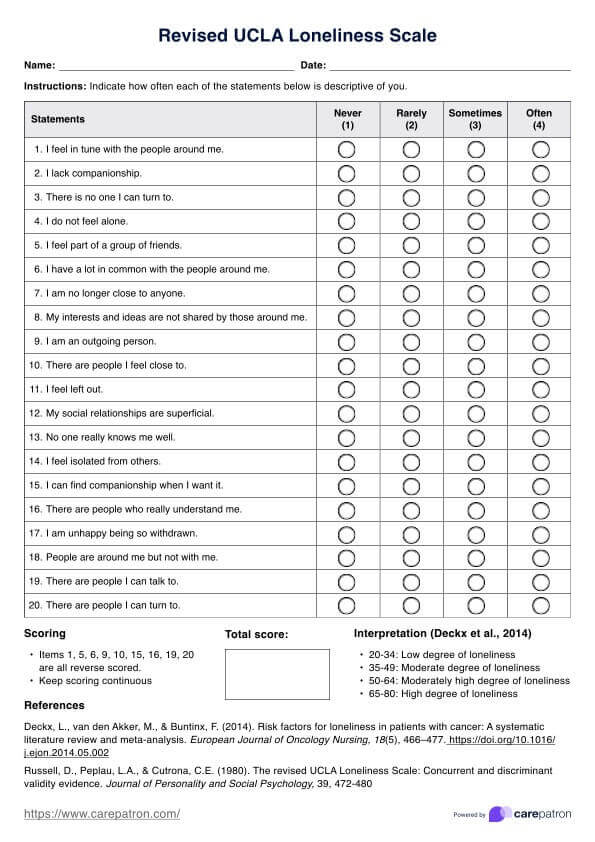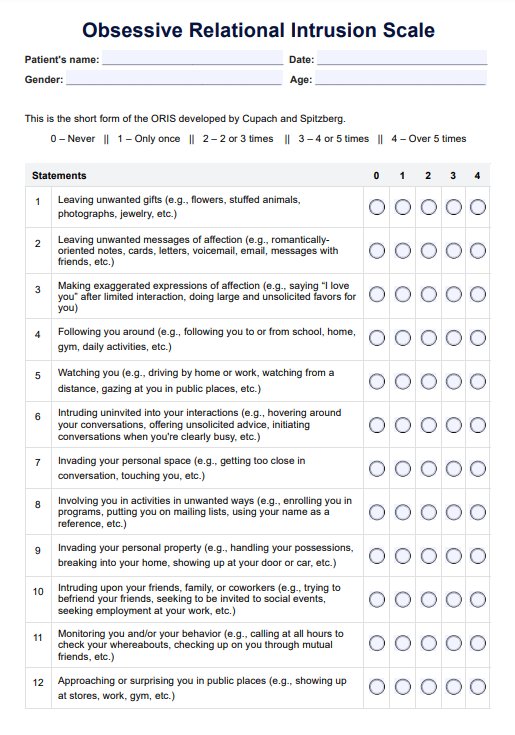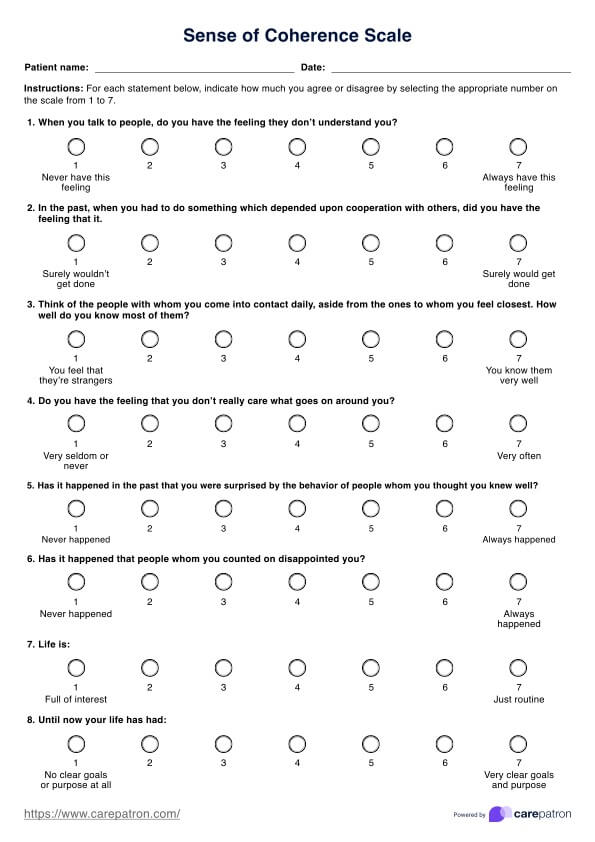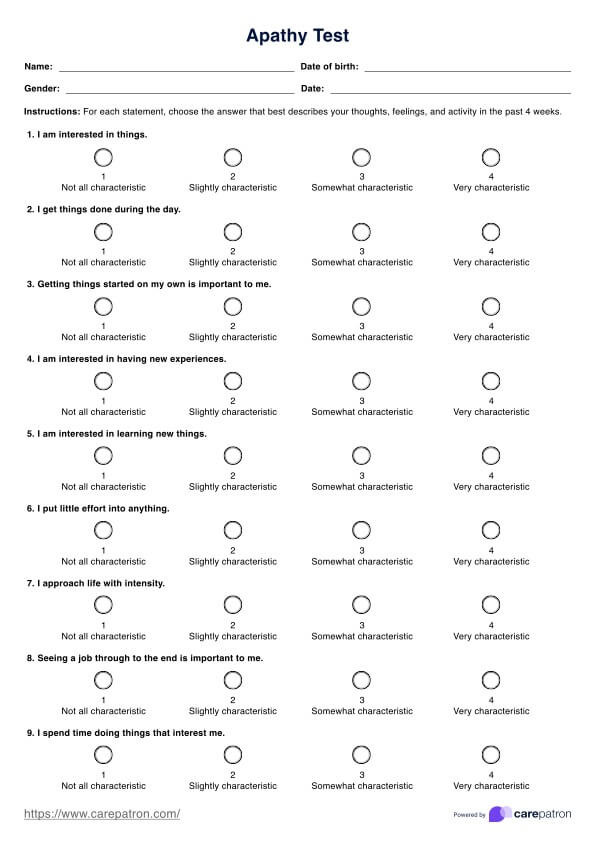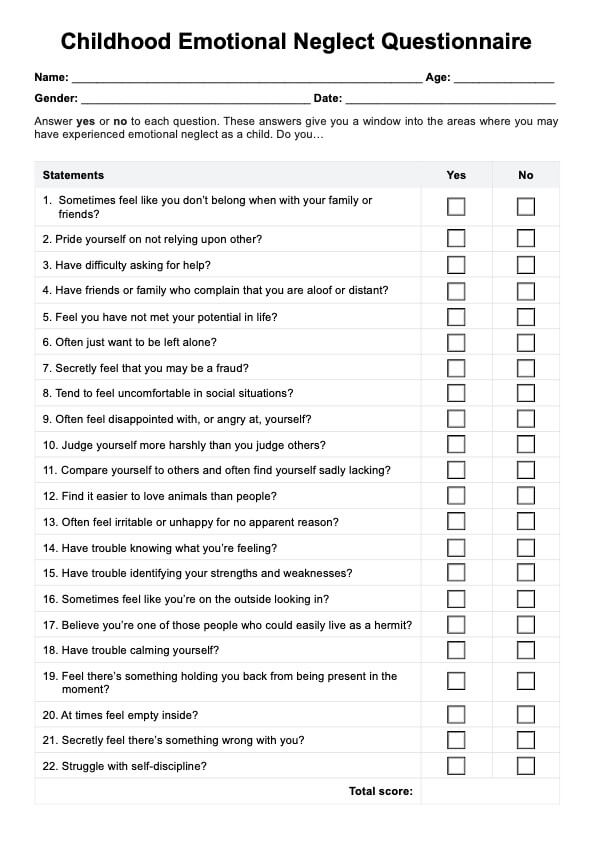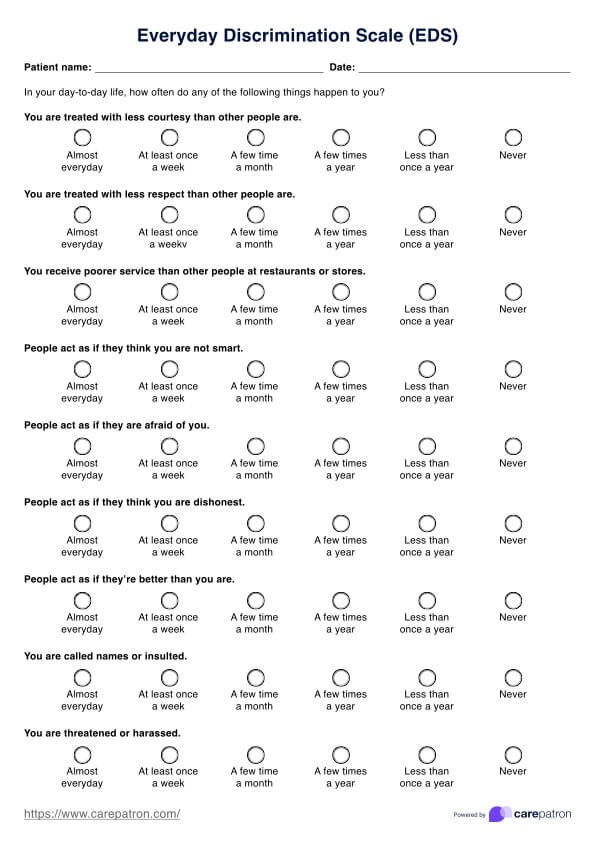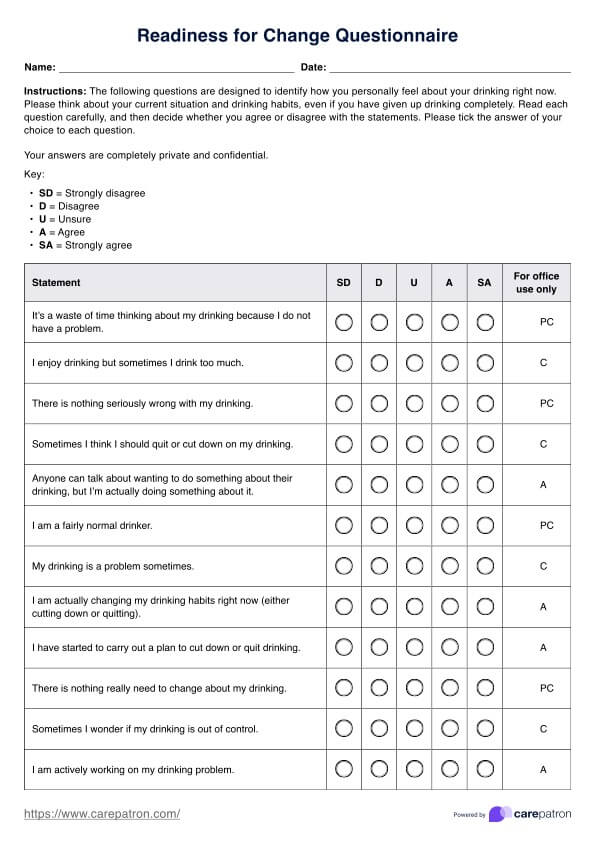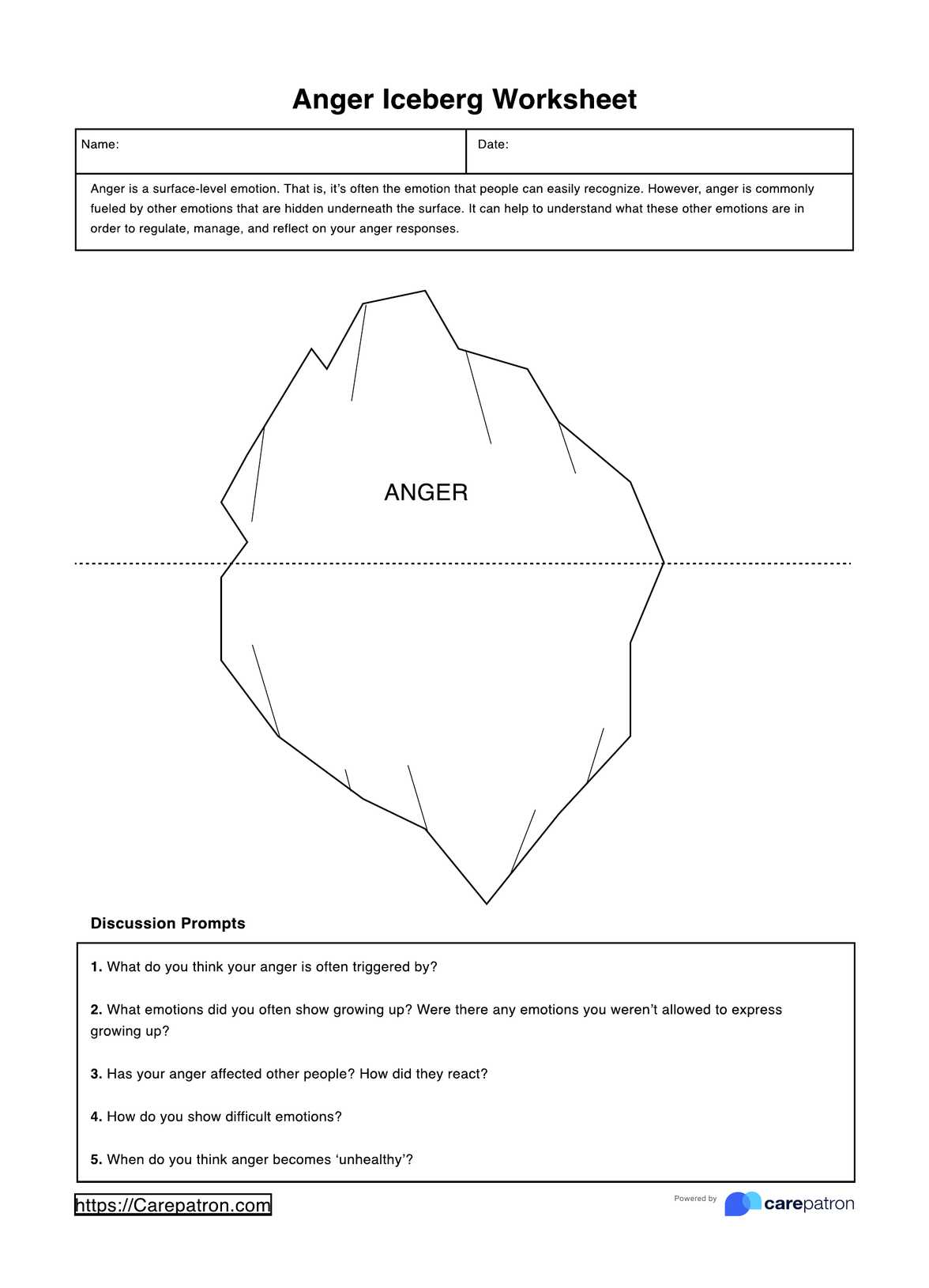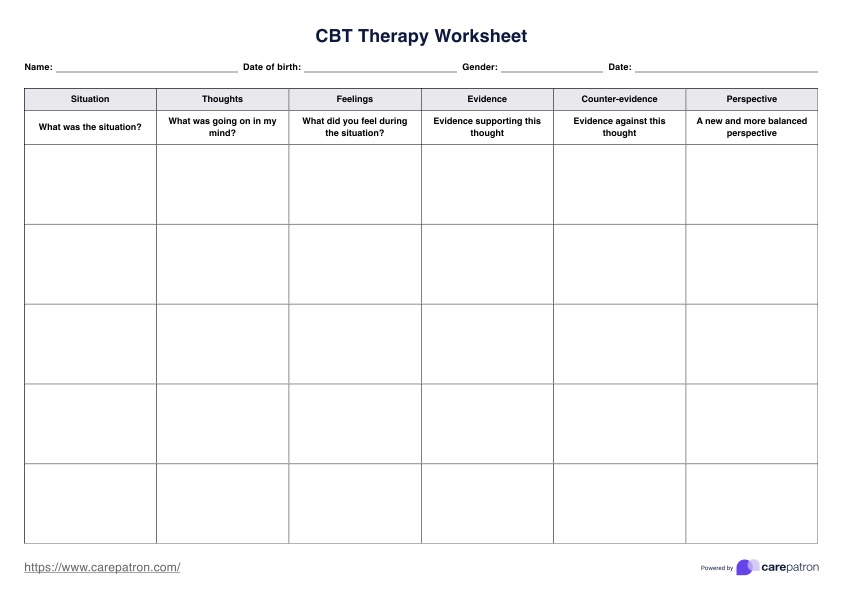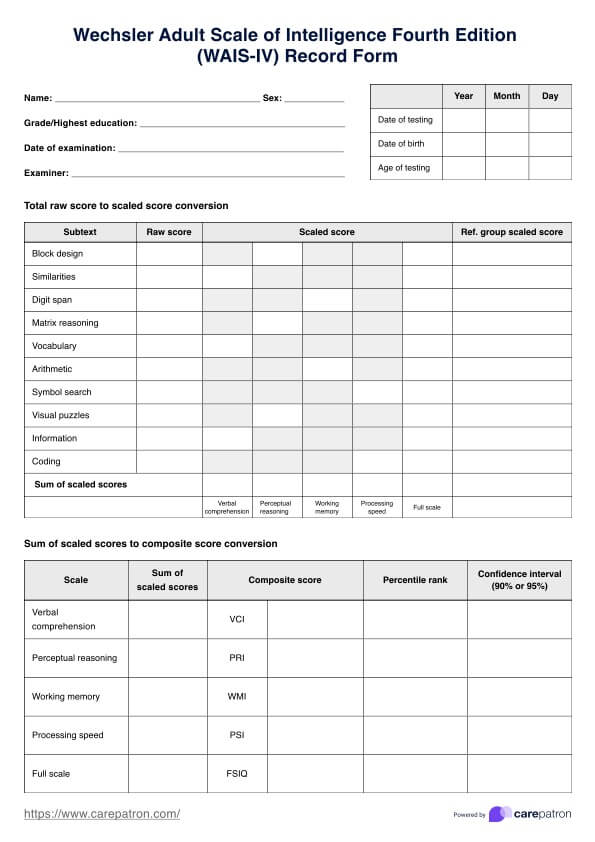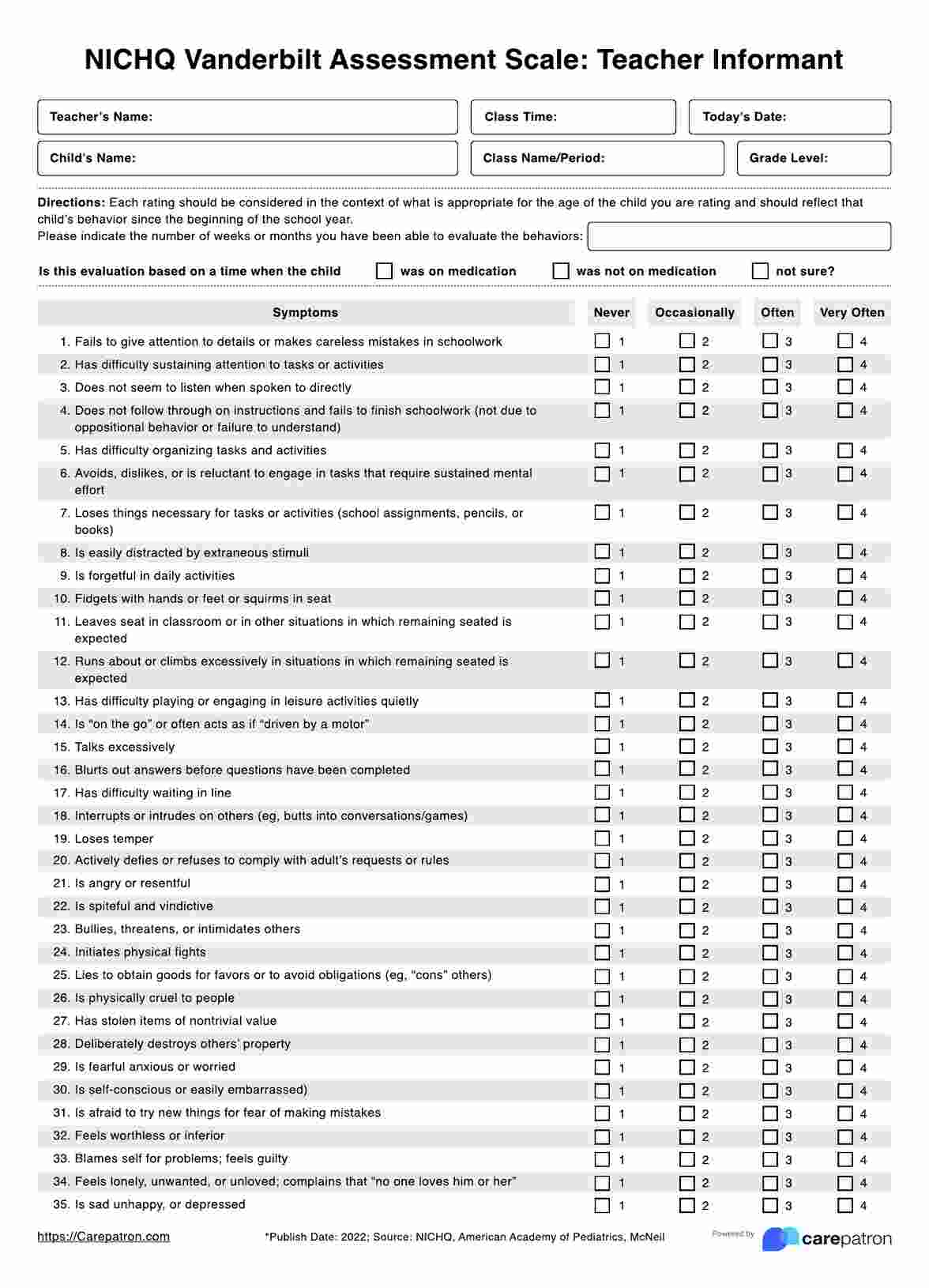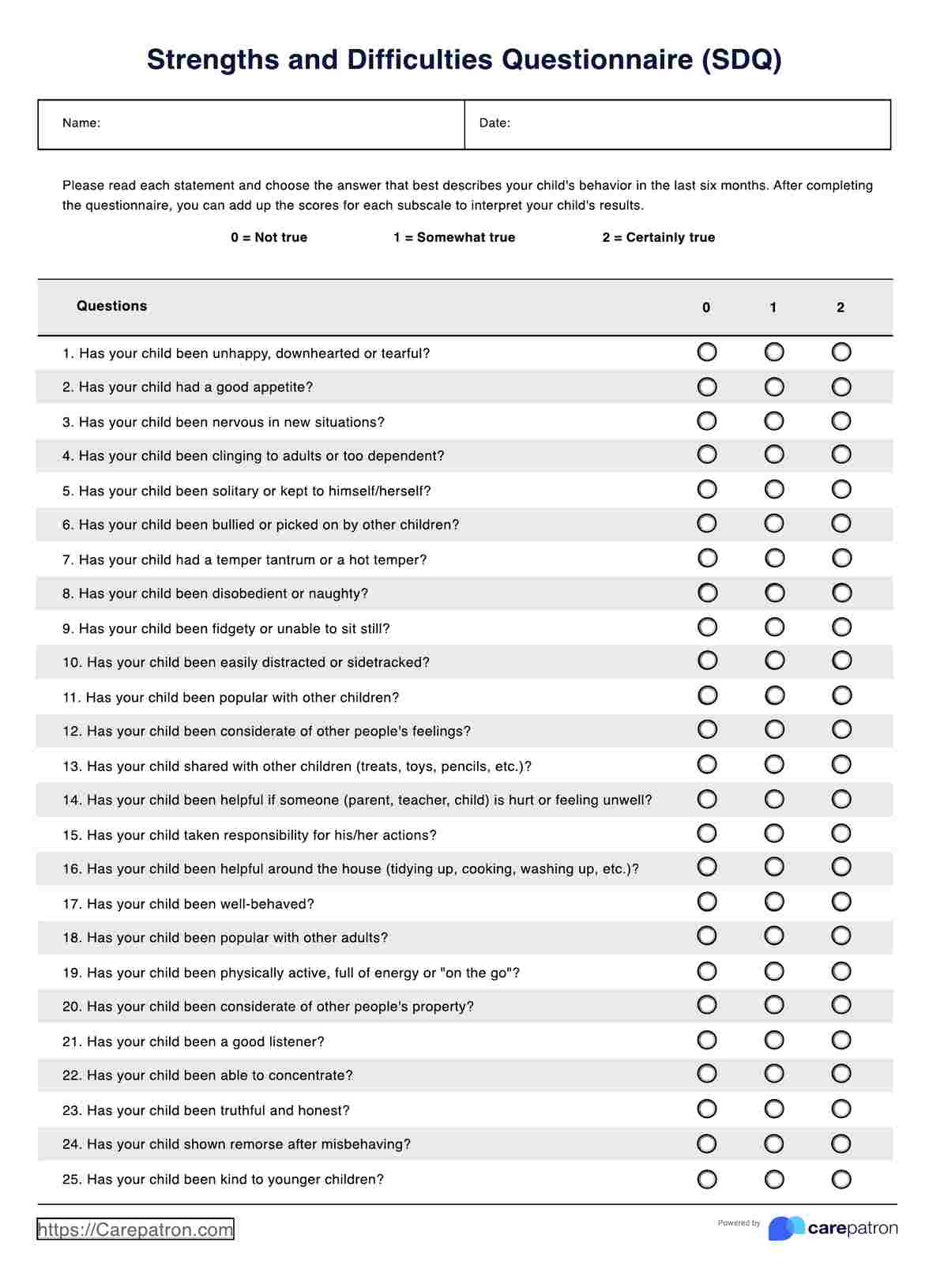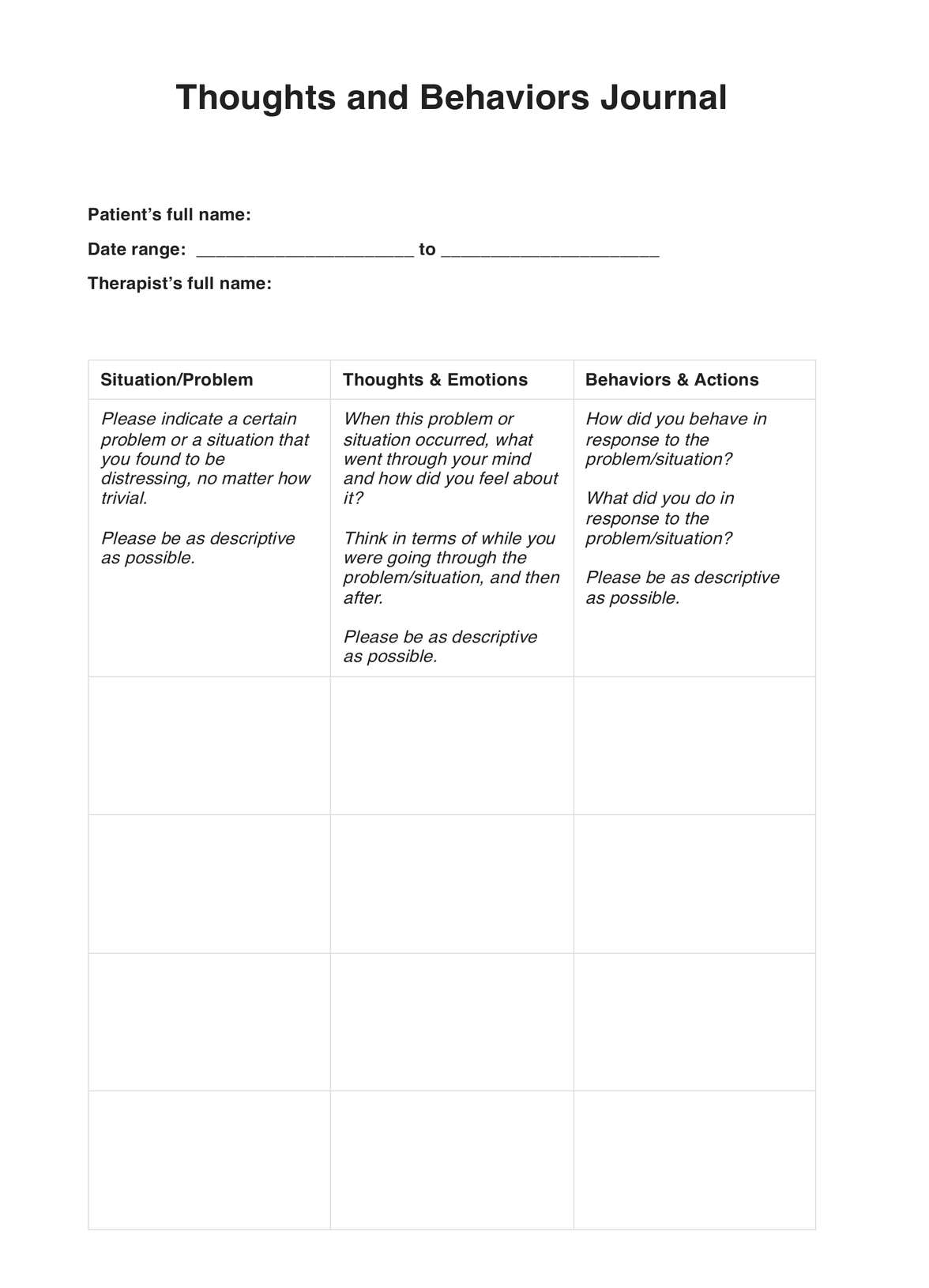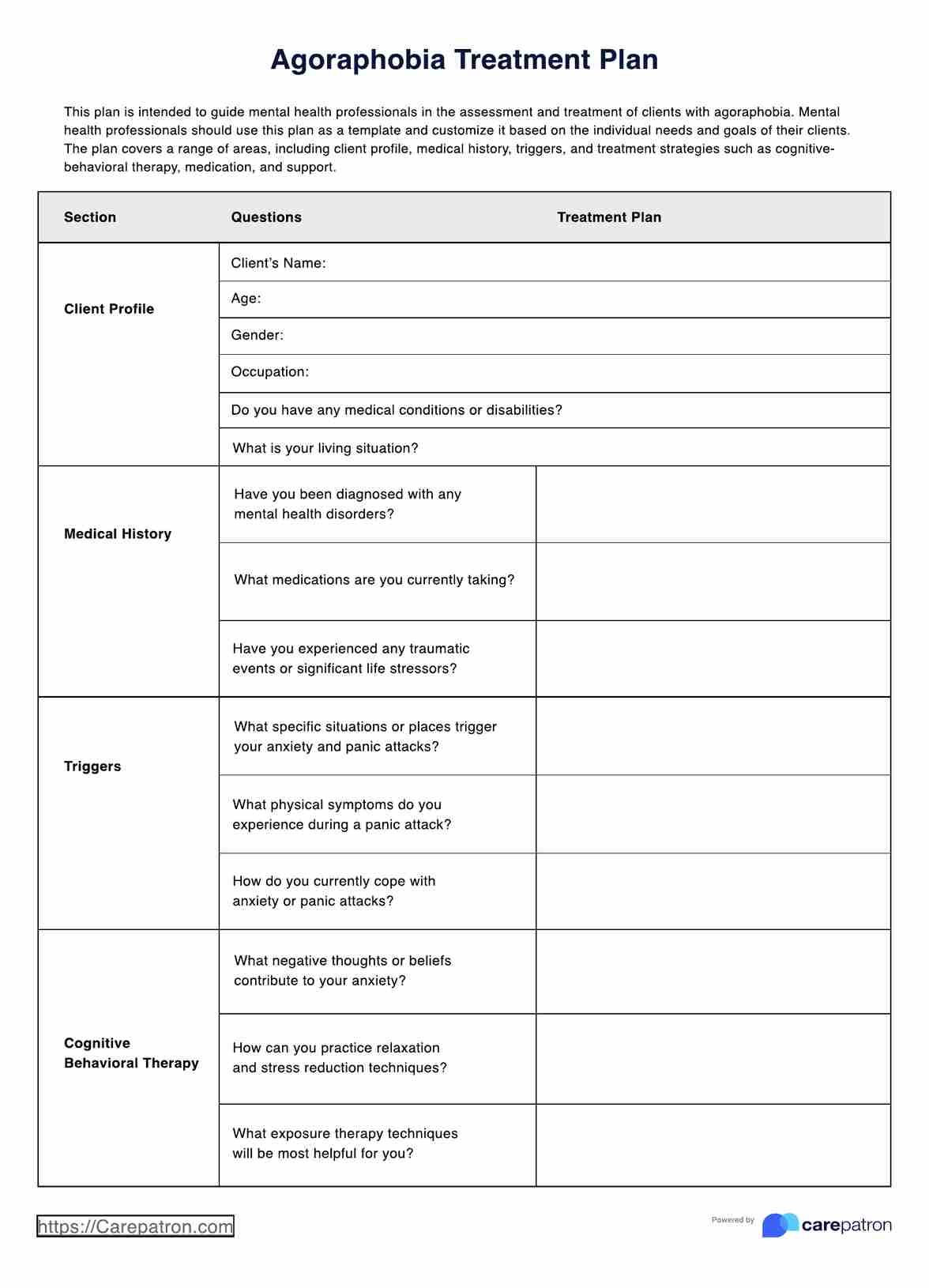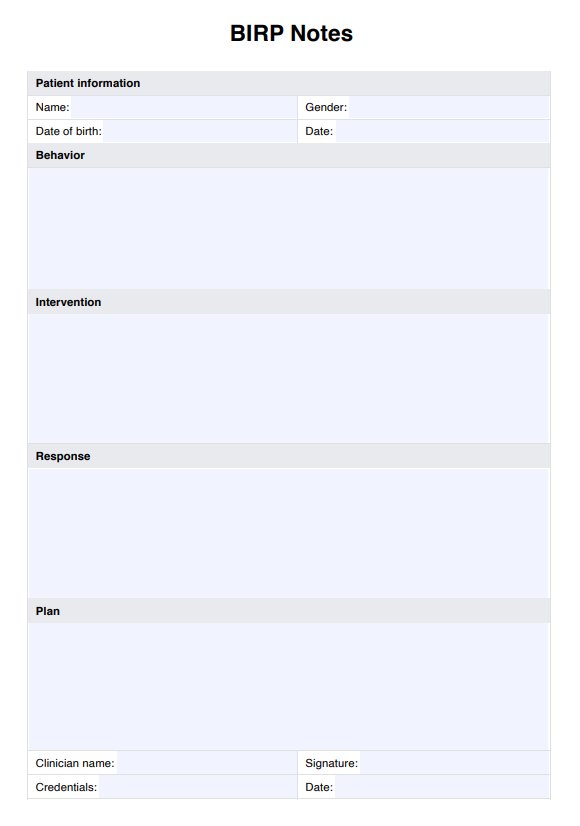Psychoeducational Assessments
Discover the power of Psychoeducational Assessments. Uncover cognitive, academic, and socio-emotional insights to empower learning strategies.


What is a Psychoeducational Assessment?
A is an extensive evaluation process that measures multiple aspects of an individual's functioning, including cognitive abilities, academic skills, emotional status, and behavioral patterns. A trained psychologist or educational professional typically conducts this multi-faceted assessment.
The primary objective of a psychoeducational assessment is to identify potential learning challenges or disabilities that may be hindering an individual's educational progress. These could range from attention deficit hyperactivity disorder (ADHD) to dyslexia or autism spectrum disorder. The goal is to understand the root causes of a person's difficulties in academic settings and provide appropriate support.
However, a psychoeducational assessment focuses on more than just identifying areas of difficulty. It also spotlights the individual's strengths, providing a balanced overview of their capabilities. This comprehensive view allows educators to leverage individual strengths while addressing weaknesses, fostering a more effective and personalized learning experience.
The insights gained from a psychoeducational assessment are invaluable for educational planning and formulating intervention strategies. They enable educators and psychologists to customize teaching methods, interventions, and support services to meet individual needs. Consequently, this tailored approach can significantly enhance the individual's learning experience, improving academic performance and overall development.
Psychoeducational Assessments Template
Psychoeducational Assessments Example
How does it work?
A psychoeducational assessment offers a comprehensive approach that ensures a thorough understanding of an individual's cognitive, academic, emotional, and behavioral functioning. Here's a step-by-step overview of how a psychoeducational assessment works:
Step 1: Initial Consultation
The assessment begins with an initial consultation between the psychologist and the individual being evaluated (or their parents or guardians if the individual is a minor). This meeting serves as a platform for discussing any concerns, gathering relevant background information, and setting the context for the assessment. It's an opportunity for the psychologist to understand the individual's history, current challenges, and objectives for the assessment.
Step 2: Standardized Testing
Following the initial consultation, the psychologist administers standardized tests to the individual. These tests assess diverse aspects of cognitive functioning, including memory, attention, problem-solving skills, and academic abilities. The tests used can vary based on the individual's age, reported difficulties, and the specific aims of the assessment.
Step 3: Observation
In addition to standardized testing, the psychologist may observe the individual in different settings, such as at home or school. This allows the psychologist to gain first-hand insights into the individual's behavior, social interactions, and performance in real-world situations. Observations can provide valuable context to the results of standardized testing.
Step 4: Data Analysis
The psychologist analyzes the collected data once the testing and observations are complete. The aim is to identify patterns, discrepancies, or anomalies that might indicate a learning disability or other cognitive, emotional, or behavioral issues. This analysis forms the basis for the conclusions of the assessment.
Step 5: Report Writing
The final step in the process is report writing. The psychologist compiles the findings into a detailed psychoeducational assessment report. This comprehensive document overviews the individual's cognitive, academic, and behavioral functioning and outlines intervention strategies or accommodations recommendations.
For those interested in viewing an example of a psychoeducational assessment, we have printable Psychoeducational Assessments available.
When would you use this Form?
Psychoeducational assessments serve as valuable tools in various contexts, particularly when concerns about an individual's learning or cognitive abilities exist. The use of these assessments spans several fields, including education, psychology, and clinical practice.
Identifying Learning Difficulties
A common scenario for using a psychoeducational assessment is when a child or adult is experiencing difficulties in academic or work settings. These challenges might be reflected in poor grades, struggles with specific academic skills (like reading or math), difficulty concentrating, or issues with time management. A psychoeducational assessment can provide a comprehensive understanding of the individual's cognitive and academic abilities, helping identify potential learning disabilities like dyslexia or disorders like ADHD that may contribute to these difficulties.
Emotional and Behavioral Concerns
Psychoeducational assessments are also used when there are concerns about an individual's emotional or behavioral functioning. For instance, if a child is displaying disruptive behavior in school or an adult is exhibiting high anxiety levels in the workplace, a psychoeducational assessment can help determine if these behaviors are linked to underlying cognitive or emotional issues.
Guiding Interventions
Moreover, psychoeducational assessments are instrumental in guiding interventions and support services. The detailed insights derived from these assessments enable educators, psychologists, and other professionals to develop personalized intervention plans. These plans can include specific teaching strategies, accommodations (like extra time on tests), therapeutic interventions, or referrals to specialized services.
Diagnosing Disorders
Finally, psychoeducational assessments can be key in diagnosing disorders like ADHD, dyslexia, or autism spectrum disorder. By evaluating various aspects of an individual's cognitive, academic, emotional, and behavioral functioning, these assessments can provide the comprehensive data needed to make accurate diagnoses.
A psychoeducational assessment is a versatile tool used in various contexts to support individuals struggling with learning, cognitive, emotional, or behavioral difficulties.
Benefits
Here are some of the key benefits of using our free psychoeducational assessment:
Comprehensive Understanding
Our free psychoeducational assessments help people comprehensively understand their individual cognitive, academic, and emotional functioning.
Tailored Intervention Strategies
The results can guide the development of tailored intervention strategies, helping to improve educational outcomes and overall well-being.
Early Identification
These assessments can help identify learning disabilities or other issues early on, allowing for timely intervention.
Evidence-Based
Psychoeducational assessments are based on standardized tests and evidence-based practices, ensuring reliable and valid results.
Research & Evidence
Psychoeducational assessments have a rich history and are backed by a substantial body of research, underscoring their effectiveness in identifying learning disabilities and guiding educational interventions.
Historically, psychoeducational assessments have evolved from early efforts to measure intelligence to contemporary practices that evaluate a broad spectrum of cognitive, academic, emotional, and behavioral abilities. This evolution has been shaped by advancements in psychological theory, education policy, and an increased understanding of the diverse factors influencing learning.
The use of psychoeducational assessments in diagnosing conditions such as ADHD, dyslexia, and autism spectrum disorder is well-documented in scientific literature. For instance, studies have highlighted the role of these assessments in identifying the unique cognitive profiles associated with these conditions, which can inform tailored intervention strategies.
Research has also demonstrated the value of psychoeducational assessments in addressing the needs of specific populations, such as ethnic minority children or individuals with a history of complex trauma. These studies underscore the versatility of psychoeducational assessments and their potential to contribute to inclusive and equitable educational practices.
Moreover, studies have examined the links between psychoeducational assessment, instruction, and remediation, emphasizing the critical role of these evaluations in informing effective teaching strategies and improving student outcomes.
The body of research supporting psychoeducational assessments is extensive. These assessments have proven instrumental in identifying learning disabilities, diagnosing various disorders, guiding educational planning, and ultimately enhancing the learning experiences and outcomes for diverse groups of individuals.
References
- https://www.taylorfrancis.com/chapters/edit/10.4324/9781315089362-2/history-preschool-assessment-michael-kelley-elaine-surbeck
- https://journals.sagepub.com/doi/abs/10.1177/07419325050260020301
- https://www.sciencedirect.com/science/article/pii/S0887617706000473
- https://eric.ed.gov/?id=ED570640
- https://www.cambridge.org/core/journals/journal-of-psychologists-and-counsellors-in-schools/article/creating-a-safe-space-a-case-study-of-complex-trauma-and-a-call-for-proactive-comprehensive-psychoeducational-assessments-and-reviews/414AB689CF3BB6E202AC5D1ABE6341D4
- https://www.tandfonline.com/doi/abs/10.1080/0156655930400103
Commonly asked questions
Psychoeducational assessments are typically used by psychologists, educators, and other professionals involved in educational planning and intervention.
These assessments are usually used when a child or adult is experiencing difficulties in school or work that may be related to a learning disability or other cognitive, emotional, or behavioral issues.
Psychoeducational assessments involve a series of standardized tests, interviews, and observations. The results are analyzed and compiled into a comprehensive report, which can guide the development of educational accommodations or intervention strategies.

.jpg)
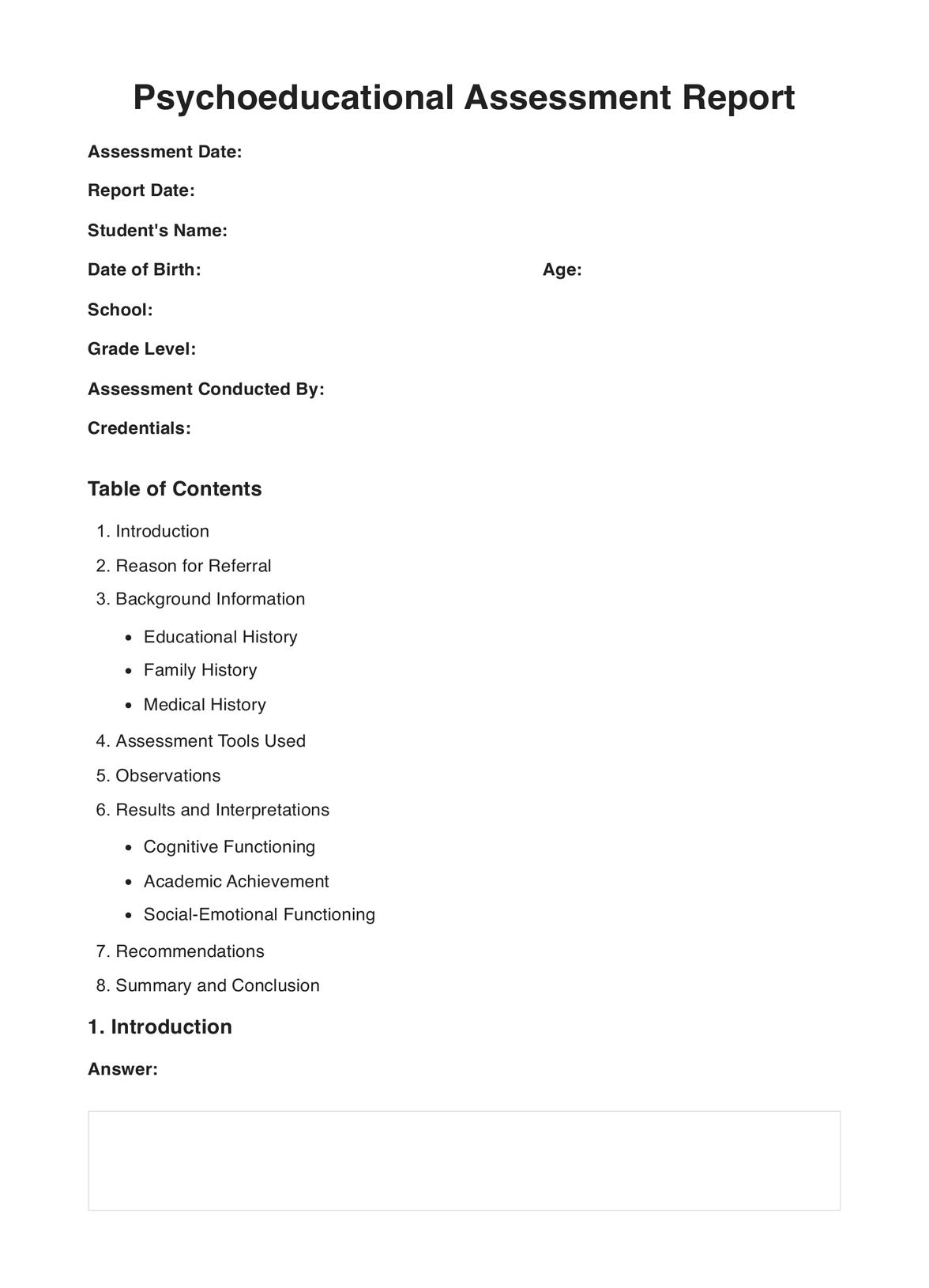
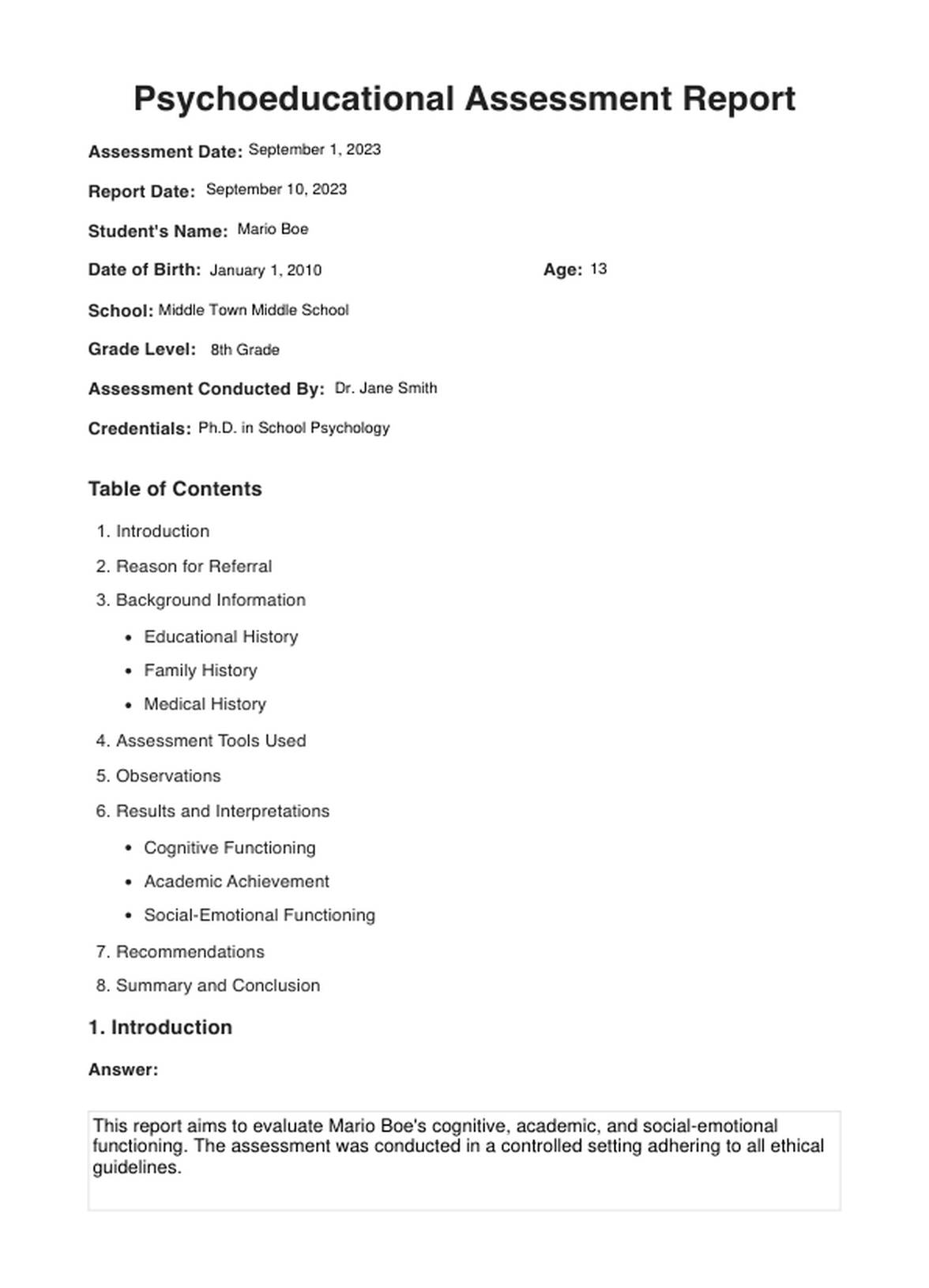

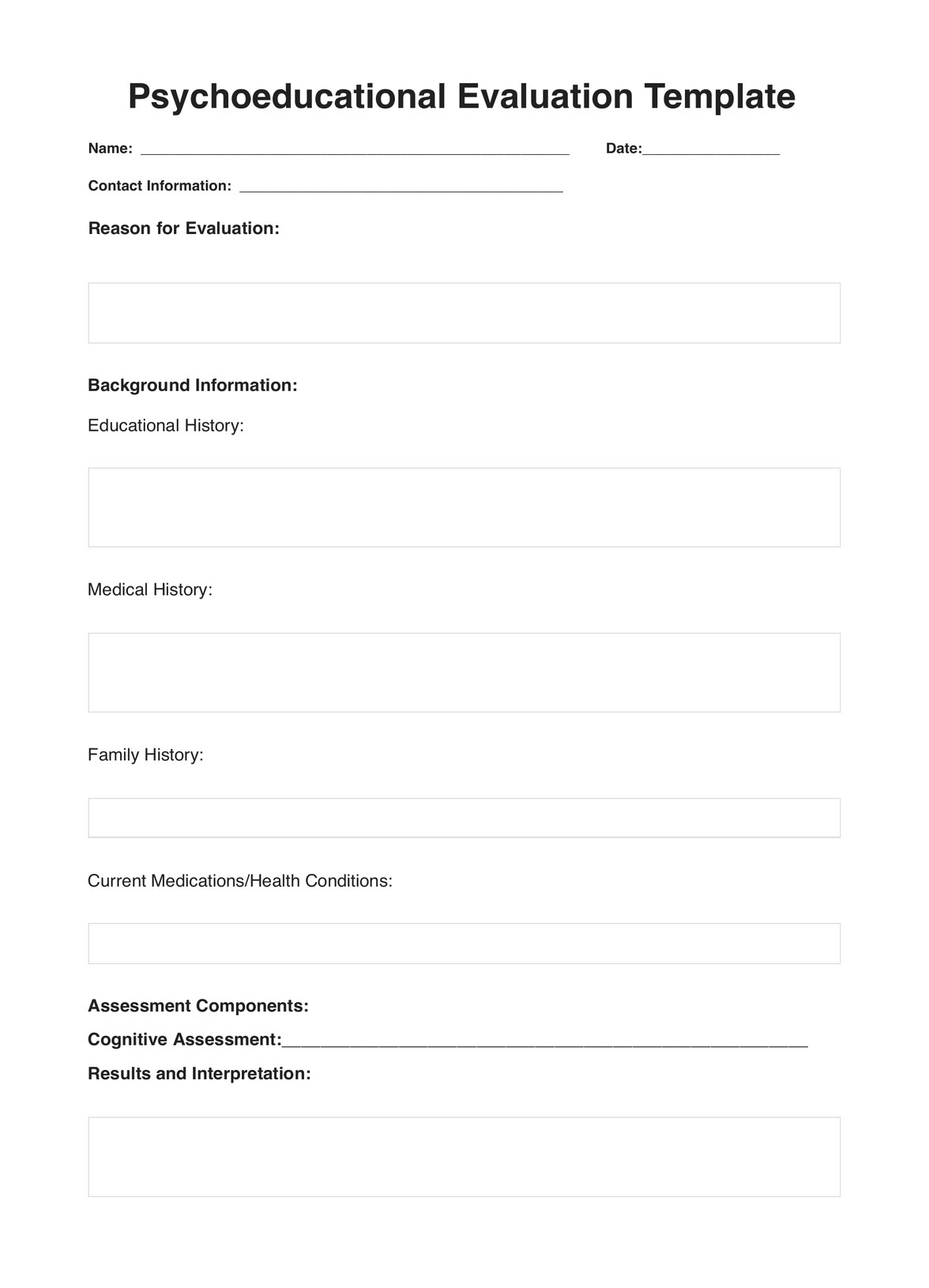
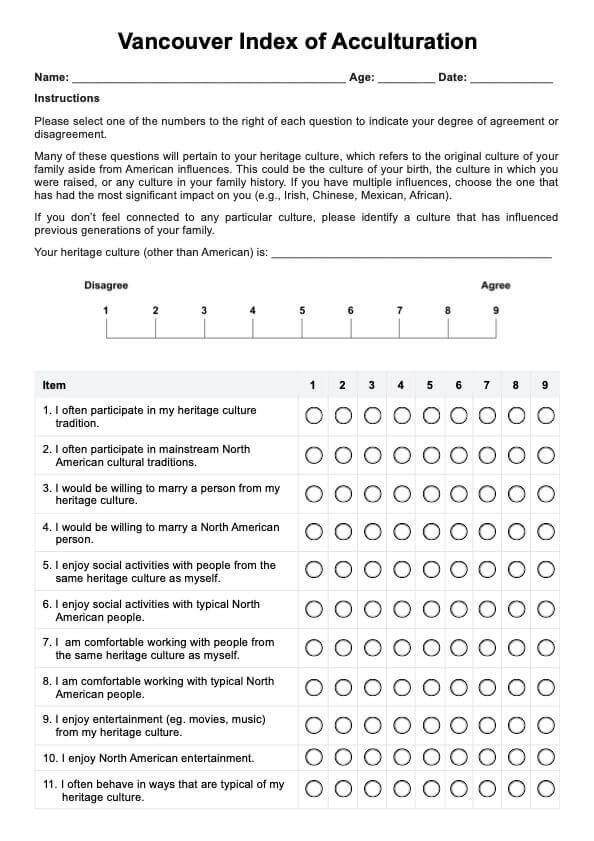

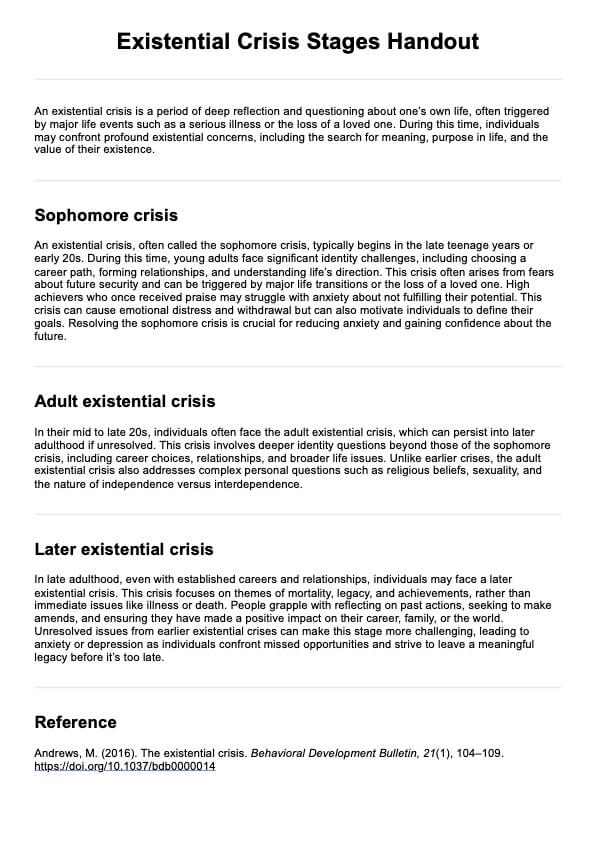









-template.jpg)















































































